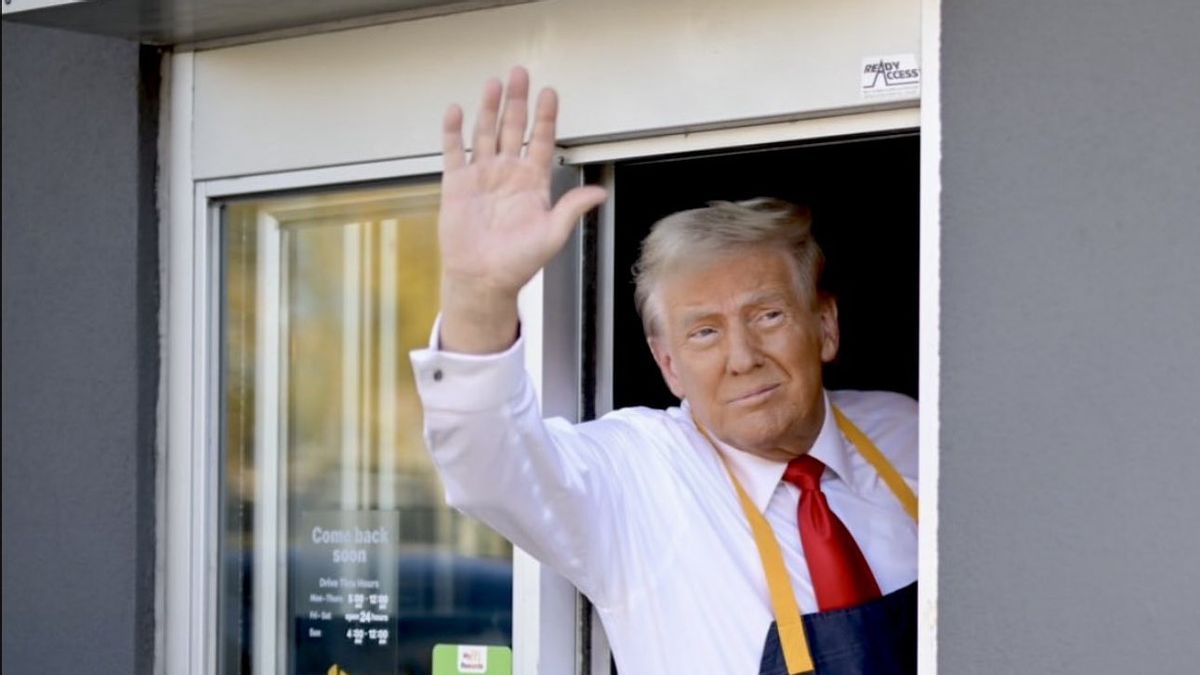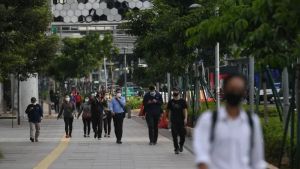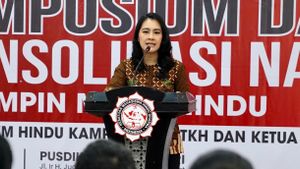JAKARTA - The technology war between the United States and China is expected to escalate, regardless of whether former President Donald Trump or Vice President Kamala Harris won the US presidential election on November 5. It is predicted that Trump's approach will be broader with the implementation of higher tariffs, while Harris will implement more directed and coordinated rules.
A new step to slow down the flow of less sophisticated Chinese chips, smart cars, and other imported goods to the US is expected to be rolled out, along with further restrictions on highly valuable AI chipmakers and chips sent to China, according to former officials from the Joe Biden and Trump administration, as well as industry experts.
In its campaign, Harris pledged to ensure "America, not China, which won competition in the 21st century," while Trump proposed a higher tariff as a solution to tackle China's technological advances. In other words, the fight to prevent US money and technology from strengthening Chinese-made military capabilities and intelligence will certainly increase under anyone's leadership.
"We are looking at the opening of a new front in the cold war of US-China technology focused on data, software and connected devices," said Peter Harrell, a former national security official in the Biden administration.
Last month, the US proposed rules to ban connected cars using Chinese components on American roads. In addition, laws passed last spring require the short video application TikTok to be sold by its Chinese-based parent company before next year or to be banned.
If Harris wins, his approach will likely be more directed and coordinated than Trump. He will likely continue to cooperate with allies, similar to the Biden administration, to ensure US technology does not help the Chinese military.
On the other hand, the Trump administration may move faster and more willing to punish non-compliant allies. "We learned from President Trump's first term that he has the bias to act," said Jamieson totaling, former chief of staff Robert Lighthizer, a US trade representative under Trump.
SEE ALSO:
Nazak Nikakhtar, a former Commerce Department official under Trump, expects the Trump administration to be "far more aggressive" in its export control policy against China. He expects there to be "significant expansions of the entity list" to capture affiliates and listed company business partners.
China, on the other hand, has repeatedly stated it will protect its rights and interests. Last year, China targeted US memory chip manufacturer Micron Technology after Washington implemented a series of export controls to US chip and chip manufacturing equipment.
Wilbur Ross, former trade minister under Trump, stressed that the US needs to take a firm stance against China, but also strategically, noting that the US still relies on China for rare elements. "It's very dangerous if we just try to cut ties," he said.
The English, Chinese, Japanese, Arabic, and French versions are automatically generated by the AI. So there may still be inaccuracies in translating, please always see Indonesian as our main language. (system supported by DigitalSiber.id)


















